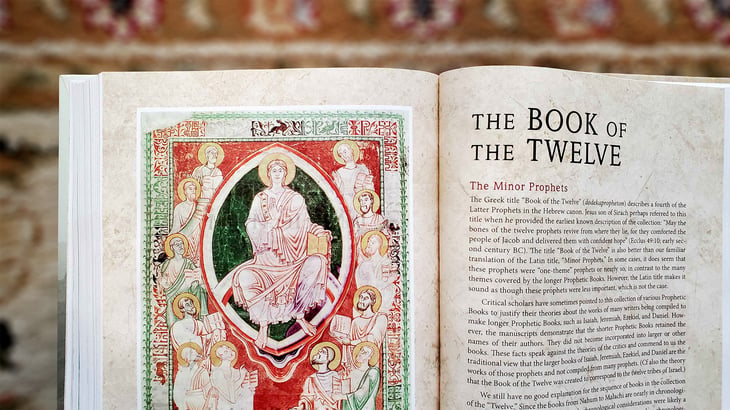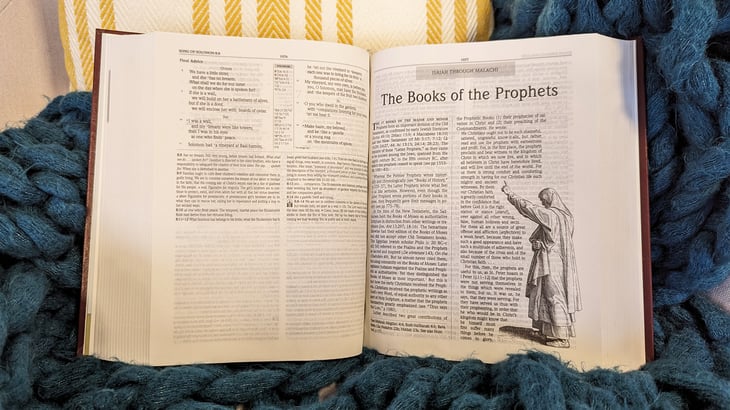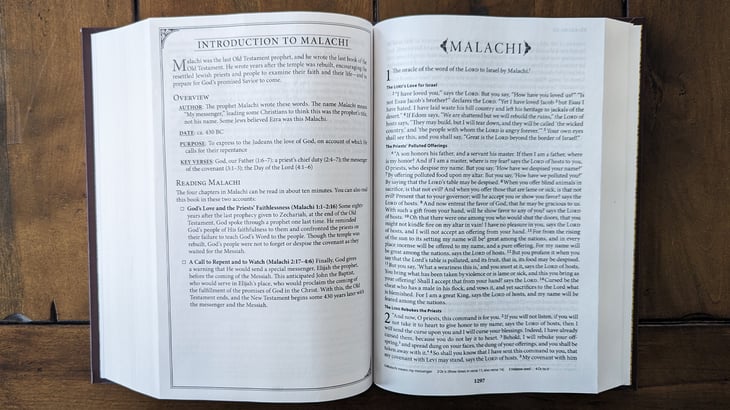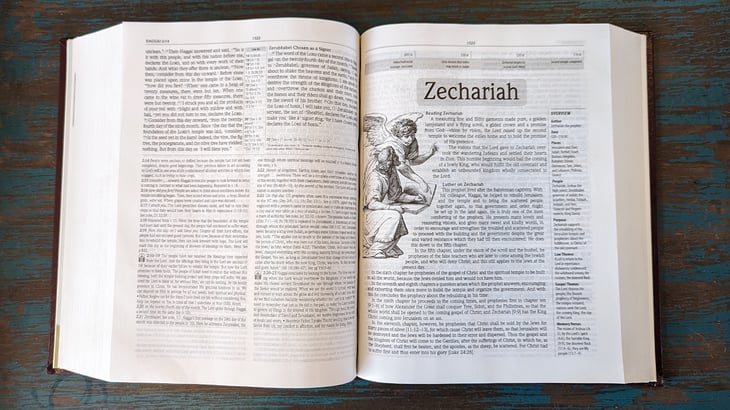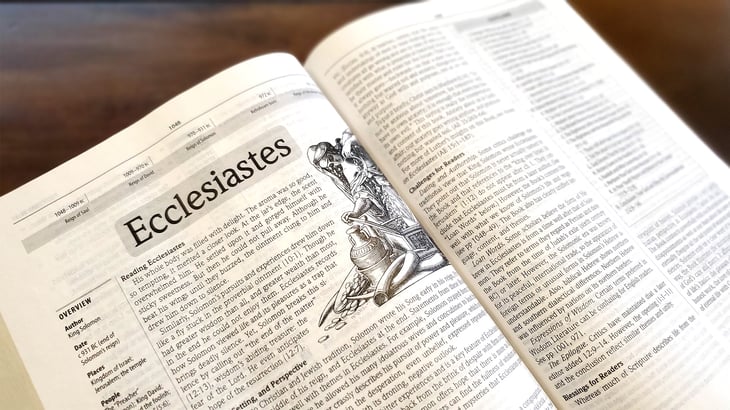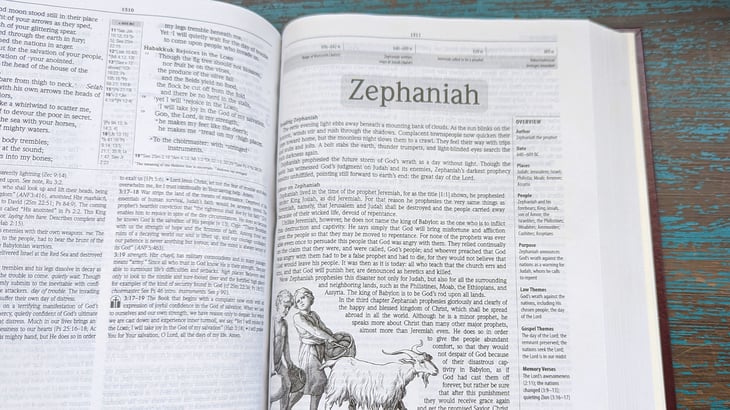What the Old Testament Teaches About Vocation
There are plenty of places in the Bible to turn to when you need guidance. While the New Testament is filled with Christ’s parables that offer strong advice, the Old Testament is also brimming with narratives that can help guide you in life. With kings, queens, and workers all throughout these books of the Bible, you can find vocational life advice. Read below to see how with an excerpt adapted from Faith at Work: Christian Vocation in the Professions.
Digging Deeper into Scripture: Melchizedek
My wife and I are blessed with a large group of nieces and nephews. Our oldest nephew, who is now all grown up, recently celebrated his birthday. As I spoke to him on the phone to wish him a happy birthday, it struck me that this man with whom I spoke was once a child with whom I played many years ago. Tempus fugit! We love him, and we are proud of who he has become.
The Minor Prophets: An Overview
The Greek title “Book of the Twelve” (dodekapropheton) describes [the last twelve] of the Latter Prophets in the Hebrew canon. Jesus son of Sirach perhaps referred to this title when he provided the earliest known description of the collection: “May the bones of the twelve prophets revive from where they lie, for they comforted the people of Jacob and delivered them with confident hope” (Ecclesiasticus [a book of the Apocrypha] 49:10; early second century BC). The title “Book of the Twelve” is also better than our familiar translation of the Latin title, “Minor Prophets.” In some cases, it does seem that these prophets were “one-theme” prophets or nearly so, in contrast to the many themes covered by the longer Prophetic Books. However, the Latin title makes it sound as though these prophets were less important, which is not the case.
Digging Deeper into Scripture: Genesis 22:1–18
The United States enjoys what is largely a free-market economy. Those entering and competing in the free-market economy vie for the attention of the consumer and do so, in part, with slogans or catchphrases designed to capture the attention. We hear or see examples of these slogans constantly on the radio, TV, and even in print magazines. One slogan that comes to mind is from Porsche. Summarized, the idea behind the slogan for Porsche is that this brand of car is so wonderful that there can be no substitute. If you want to drive a nice vehicle, it must be a Porsche.
Malachi: An Overview
God speaks through Malachi to rebuke His people for their unrighteousness, specifically the priests for their failure to fulfill their duties and to those marrying foreign idolatrous spouses. The Lord makes clear the Day of Judgment is coming and he wants His people to be prepared. The following is adapted from the Lutheran Bible Companion.
Zechariah: An Overview
When Zechariah was prophesying, the people of Judah were standing amidst the destruction of their once glorious city. With no city and no temple, the people of Judah had no hope; they feared that God had left them. God worked through Zechariah to restore faith in His people. The following has been adapted from Lutheran Bible Companion.
Digging Deeper into Scripture: Psalm 126
In this psalm, after the Israelites had been exiled in Babylon for seventy years, we see God’s restoration of His people—not merely restoration from exile but foreshadowing our spiritual restoration in Jesus’ death and resurrection, as well as the total restoration to come at Christ’s return.
Overview: The Books of Wisdom and Poetry
The Books of Wisdom and Poetry are commonly used as guides for the lives of the Israelites in biblical times and us today. Wise sayings and proverbs help us in times of confusion, while psalms and other prayers can guide our worship and prayer life and how we speak to God. The following has been adapted from the Lutheran Bible Companion.
Zephaniah: An Overview
The day of the Lord is a permeating theme in Zephaniah. Zephaniah recorded God’s warning to Judah and Judah’s enemies about His coming judgment. However, God also assured Judah that on the day of the Lord He will be in their midst and restore their fortunes. The following has been adapted from the Lutheran Bible Companion.




